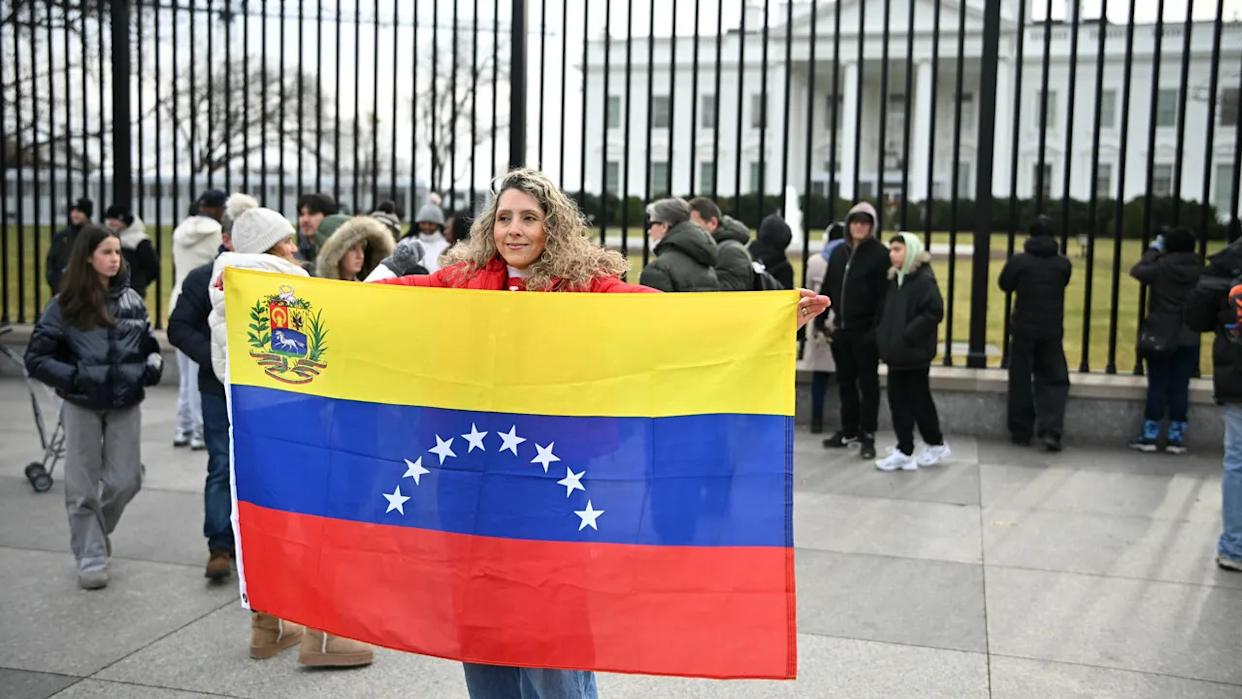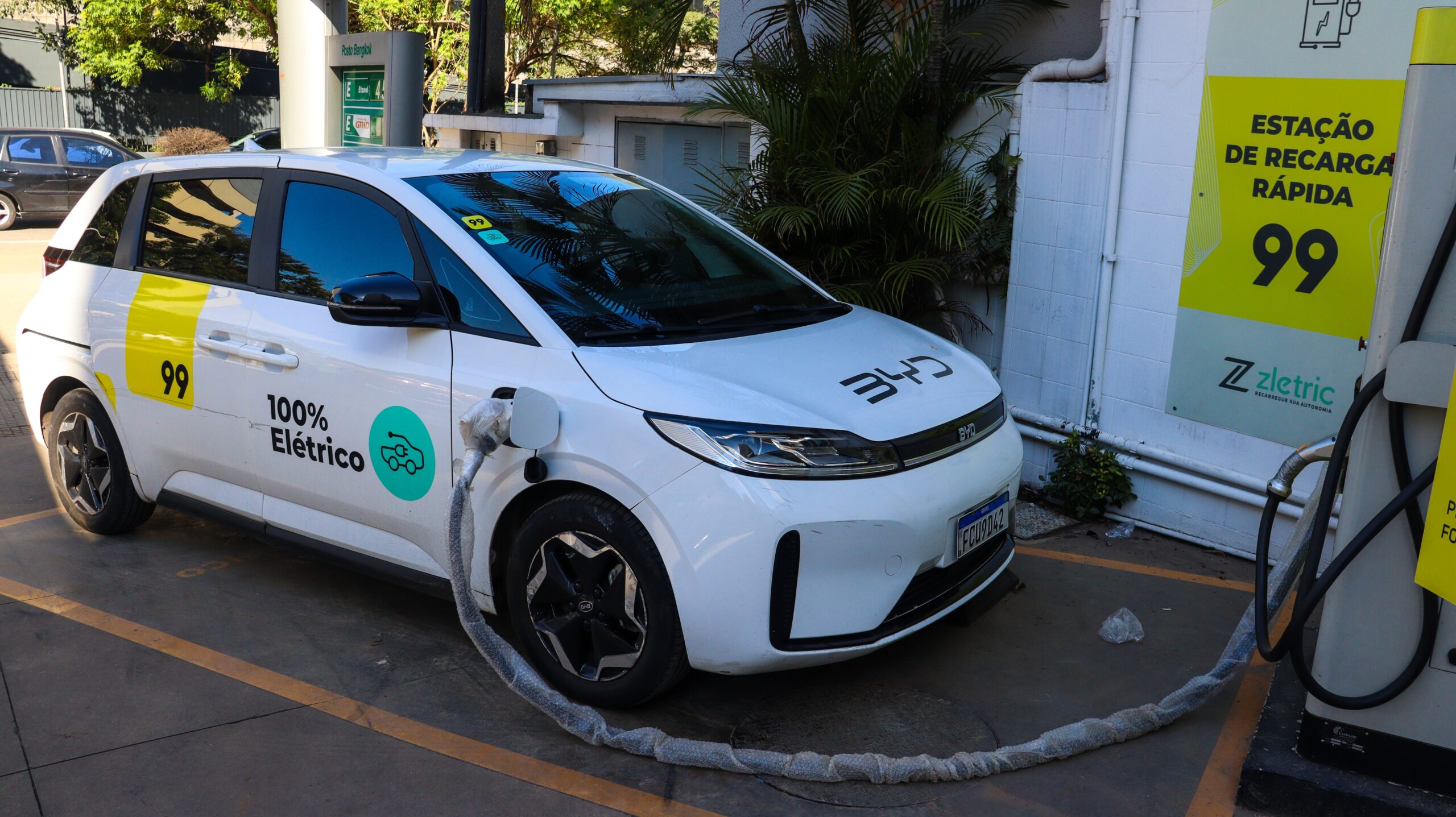Indonesia’s failed bid to secure a US$15.5 billion trade deal with the Trump administration has exposed serious shortcomings in its economic and diplomatic leadership. A cabinet reshuffle is now imperative—not as a political gesture, but as a strategic reset to restore credibility at home and abroad.
Indonesia’s dramatic US$15.5 billion energy deal proposal to the Trump administration—designed to stave off the threat of a crippling 32 percent US tariff—has collapsed with undeniable finality. While the plan was ambitious, its failure reveals not just a diplomatic misstep but a deeper crisis of leadership. The lesson is clear: a cabinet reshuffle is not a political luxury—it is an urgent necessity.
At the centre of this failed overture was Coordinating Minister for Economic Affairs Airlangga Hartarto, who led Indonesia’s negotiating team to Washington with what he framed as a comprehensive offer. Indonesia proposed large-scale purchases of American liquefied natural gas (LNG), liquefied petroleum gas (LPG), crude oil, wheat, and even commercial aircraft from Boeing. In short, it was a package of commodity and industrial goods intended to reduce the US trade deficit and signal alignment with US commercial interests.
But Washington’s response was a cold shoulder. The message was unambiguous: economic transactions alone will not override geopolitical calculations. Indonesia’s firm tilt toward China and Russia—underscored by its BRICS membership and aggressive mineral export restrictions—signalled to Washington that Jakarta is no longer a reliable strategic partner. Airlangga’s proposal, while theatrically bold, lacked strategic substance. It was an attempt to buy goodwill without addressing the underlying political misalignment. It failed.
Throughout this process, Finance Minister Sri Mulyani Indrawati stood out as a lone voice of reason. She had warned early that US tariffs could shave 0.3 to 0.5 percentage points off Indonesia’s GDP. But more critically, she stressed that Indonesia needed to respond not with flashy deals but with credible reforms: deregulation, fiscal discipline, and closer economic coordination with ASEAN partners. She argued that Washington’s tariff calculus was not purely about economics, but about trust and strategic posture. Her message was simple: no amount of LNG could offset a deteriorating perception of Indonesia’s direction. Yet her recommendations were ignored by the political leadership.
The market, however, listened. As doubts mounted over Indonesia’s economic trajectory, growth forecasts were revised downward—from 5.2 percent to between 4.7 and 5.0 percent. The Rupiah weakened, capital outflows intensified, and the central bank raised interest rates to defend the currency. These are not abstract figures—they reflect growing skepticism in global markets about Indonesia’s economic management and geopolitical clarity.
Diplomatic leadership has fared no better. Foreign Minister Sugiono, a close ally of President Prabowo, has yet to articulate an independent foreign policy vision. Instead, his ministry has largely served as an extension of the president’s preferences, which increasingly lean toward alignment with China and Russia. Indonesia has lacked an ambassador in Washington since 2023—a two-year vacuum that speaks volumes about Jakarta’s disengagement from its most critical economic partner. When the tariff threat emerged, Indonesia had no senior diplomat in place to coordinate a coherent response. Sugiono’s role, shaped more by loyalty than strategy, proved wholly inadequate at a moment that demanded deft diplomatic navigation.
By contrast, Vietnam’s response to similar US concerns offers a striking comparison. Hanoi quickly mobilised to deepen its manufacturing footprint inside the United States, expanded its bilateral trade dialogues, and emphasised alignment with US strategic interests. As a result, Vietnam secured exemptions and avoided punitive tariffs. Jakarta, in contrast, delivered political theatre and paid the price.
Domestically, the government faces compounding pressures. Controversies around the Danantara sovereign wealth fund, alongside allegations of opaque budget deals, have eroded public trust. The government has promised transparency, but delivered instead confusion and audit-triggering scandals. In this context, President Prabowo’s recent statement—that “officials unable to carry out their duties should step down”—is not just rhetoric. It must be a commitment.
Indonesia now stands at a critical inflection point. It cannot afford the luxury of business as usual. Restoring confidence—among investors, global partners, and the Indonesian public—requires bold and immediate change at the top.
First, economic coordination must be placed in the hands of those with proven expertise. Airlangga’s posturing has cost Indonesia both credibility and opportunity. The role demands someone who understands the intricate intersection of global trade, investment risk, and strategic policy.
Second, the finance portfolio must be fully empowered. Sri Mulyani has the credibility and vision to lead Indonesia through this moment, but her warnings must translate into policy. That will only happen if she is given full political backing and operational space.
Third, the foreign ministry must be overhauled to reflect strategic independence rather than presidential echo. It needs a top diplomat capable of formulating a coherent foreign policy strategy—one that balances national interests without leaning too heavily toward any geopolitical bloc. In today’s fractured global landscape, effective diplomacy requires the flexibility to engage constructively with all major powers—whether the United States, China, or others—based on shared interests rather than ideological alignment. That means cultivating partnerships across divides, not choosing sides. The foreign ministry must be led by someone with both the vision and authority to assert Indonesia’s autonomy on the global stage.
These changes are not cosmetic—they are foundational. Failure to act decisively will result in deeper economic stagnation, greater diplomatic isolation, and further erosion of institutional credibility. The window to act is narrow, but not yet closed.
Indonesia still holds immense potential. It is a G20 economy with vast resources, a young population, and a pivotal geographic position. But realising that promise requires leadership that matches its ambitions with competence. That begins in the cabinet room.
This is not simply a reshuffle—it is a strategic reset.
Bhima Yudhistira Adhinegara is Executive Director of Center of Economic and Law Studies. Dr Muhammad Zulfikar Rakhmat and Yeta Purnama are researchers at the Center of Economic and Law Studies.
This article is published under a Creative Commons License and may be republished with attribution.

![Book Review: Wenn Russland Gewinnt [If Russia Wins]](https://www.internationalaffairs.org.au/wp-content/uploads/book-review.jpg)



